3 Untold Wind Window Behaviors.
Have you ever considered these effects on the Wind Window behavior while kitesurfing?
Every kiter, approaching a professional kitesurfing lesson, will be introduced to the wind window. This well-known concept is fundamental for the understanding of how to handle a power kite and probably 99% of kiters are familiar with it.
Therefore, we won’t discuss the basics of this concept here, instead let’s focus on subtle nuances you might not be aware of, which directly impact the essence of the wind window and the kite behavior.
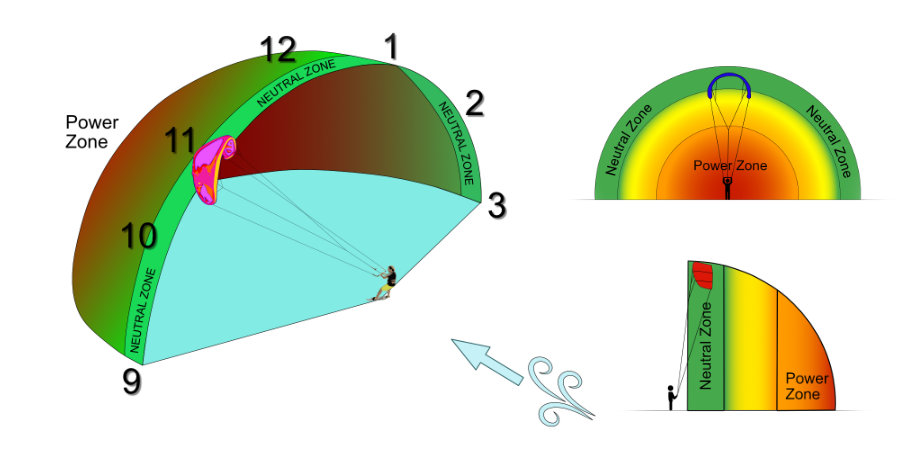
For sure everyone knows the wind window changes its orientation and dimension respectively according to the direction of the wind relative to the rider and the length of the kite lines.
But there at least 3 more subtle effects on the wind window that can affect the kite behavior and they are worth to be noticed:
1. The intensity of the wind
2. The roughness of the ground upwind to the position of the kiter
3. The effect of apparent wind
The intensity of the wind
According to how strong is the wind the ratio between the power zone and the neutral zone in the wind window can change. With the light wind, the power zone tends to shrink while the neutral zone becomes bigger and the kite might ‘sit back’ a bit to find its new flight balance.
On the opposite with strong winds, the power zone will increase its relative portion of the wind window and will push forward the neutral zone, making the kite reach a stable position way more ahead in relation to the rider.
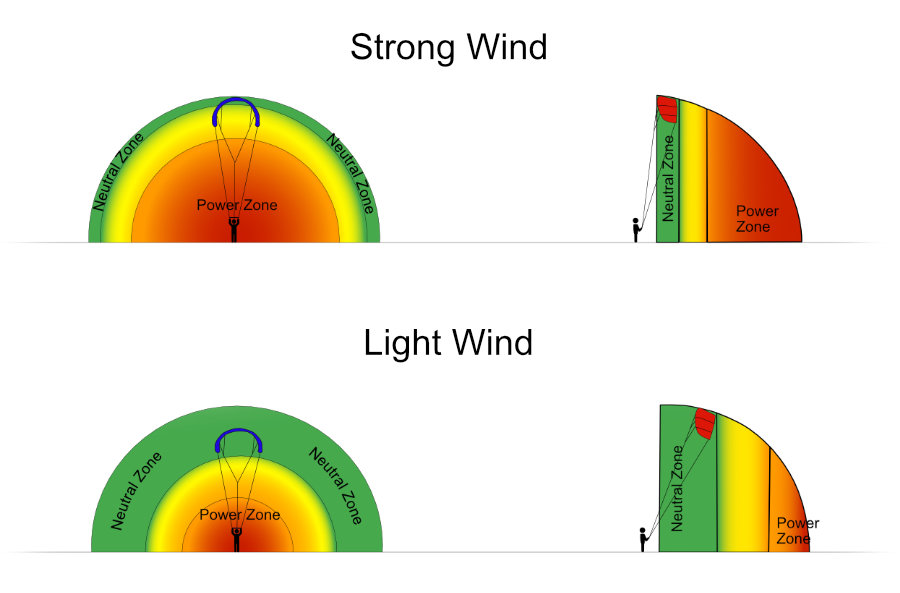
This effect naturally influences the use of the kite during our kitesurfing session. To reach the required power we will need to move more or less aggressively the kite in accordance with the specific distribution of the power zone and neutral zone.
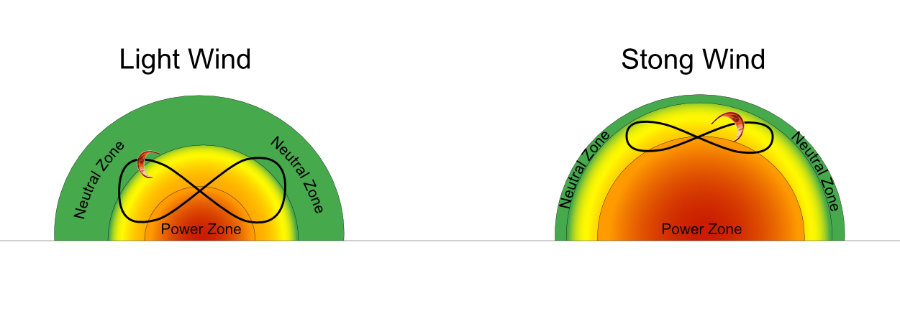
The roughness of the ground
This case is very important when we are launching the kite (for this part you might also want to read our tips on kite launch and for the launch assistant).
If the wind intercepts obstacles upwind to our position, the wind window can sensibly be affected in its shape, having the lower parts shifted up, leaving areas where the wind doesn’t blow. In this case, to catch the wind for launching, the assistant should try to lift the kite a bit higher.
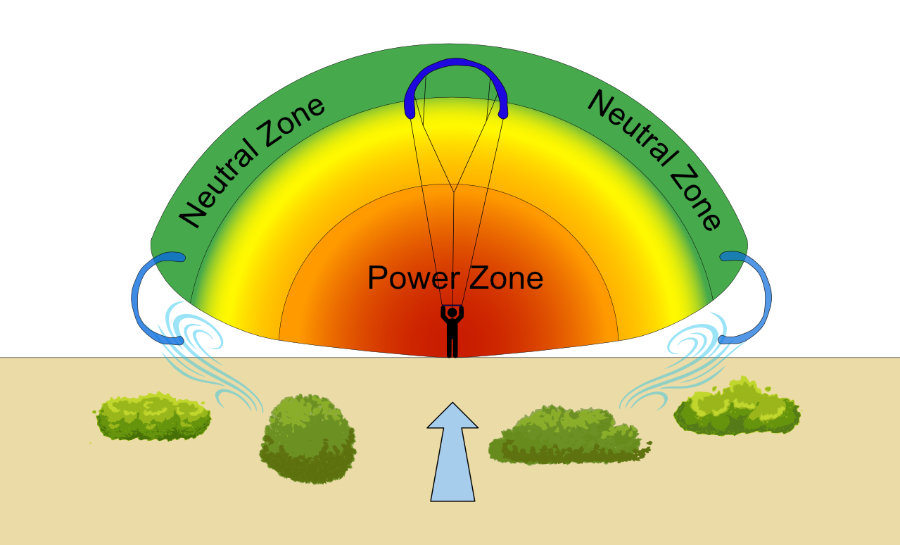
This effect is influential even if we are kitesurfing in the open sea, in the presence of big waves or other obstacles that shield part of the wind. In this case, it is probably wise not to fly the kite way to low, to avoid turbulences, avoiding to go below the wind window.
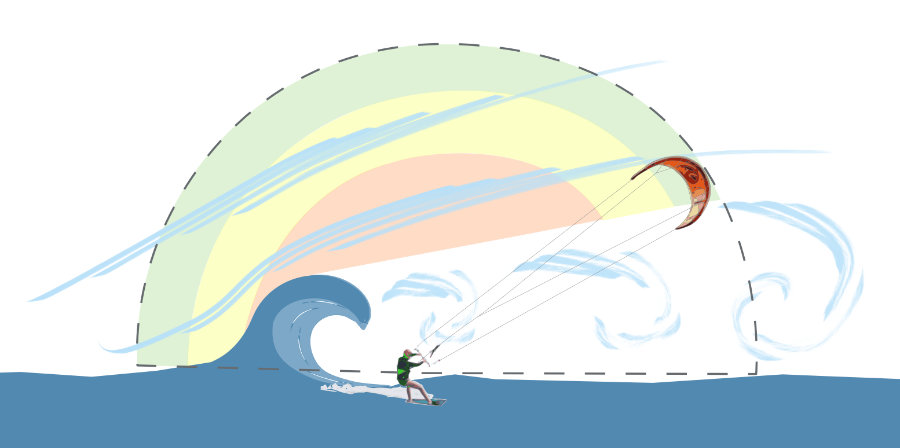
The effect of apparent wind.
The effect of the apparent wind is a well-known fundament of all wind water sports, including kitesurfing. It implies that when a sail moves, together with the ‘real’ component of the wind, a second component derived by the sail movement sums to increase the overall pressure on the canopy and therefore the power generated.
When we are riding, the kite is pushed by the ‘apparent wind’, which is the vector sum of the real wind and the wind generated by our speed.
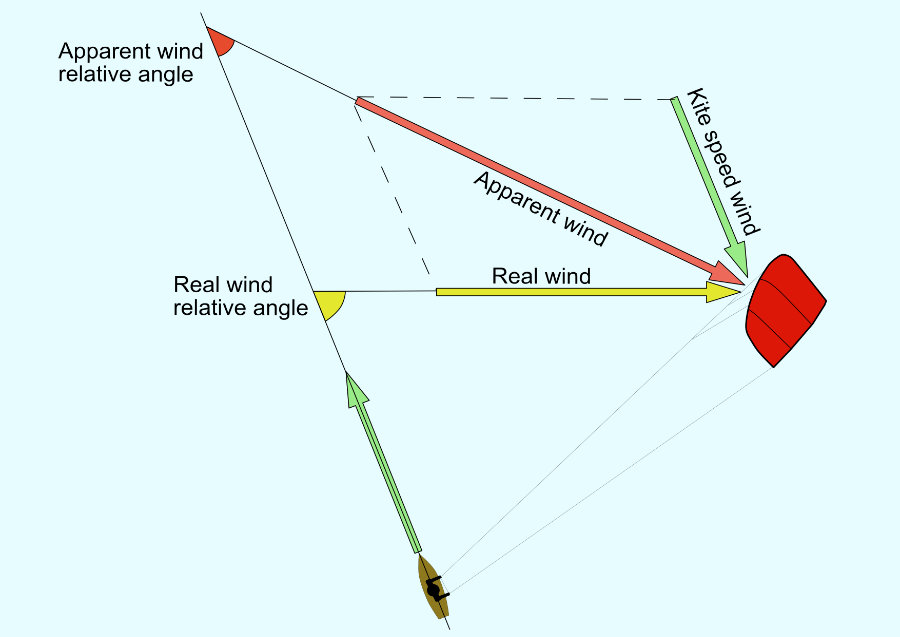
The effect of a vector combination changes the direction of the resulting apparent wind and as a consequence, the orientation of the wind window gets similarly affected.
We can notice this effect when riding and immediately stopping (as when we fall), the kite at the moment of our complete stop, flies ahead to reach the new position of the neutral zone, which is its natural equilibrium position.
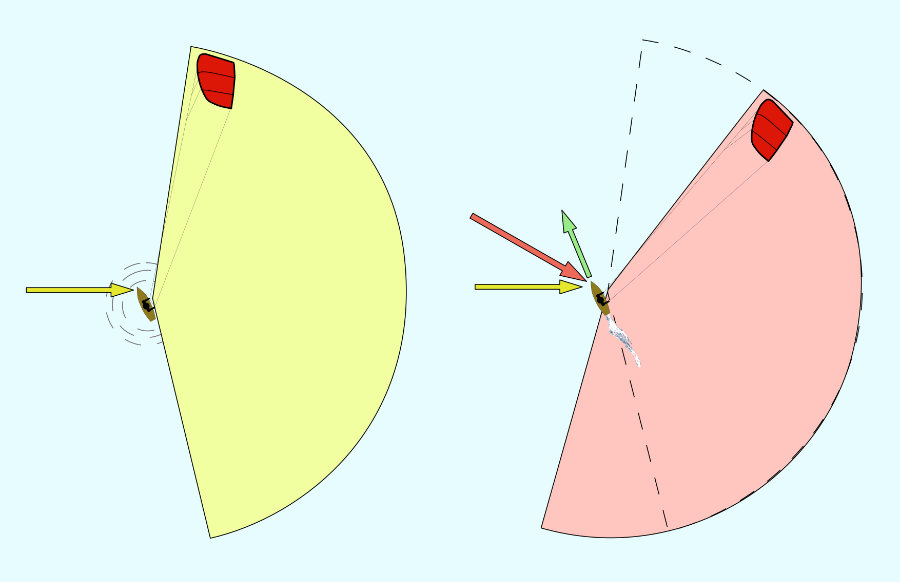
This last effect has normally little consequences on our riding experience, but it is worth to be mentioned. Many think that, when we are riding, the kite sets backward and stays there in balance in a deeper section of the wind window, towards the power zone.
The idea is that here it hits partially in the power zone to deliver the lift needed to advance.
In reality, it just sets on the neutral zone on the newly generated apparent wind window, taking advantage of the increased power zone dimension due to the stronger apparent wind component, as explained in the first point.
Let’s keep this in mind when riding close to obstacles (which is never a good idea) if we suddenly stop, we might see the kite unexpectedly advance from where it was staying when we had some speed.
So, have you ever paid attention to these subtleties of wind window behavior? Do you agree with it? Did you experience any of the effects we talked about? Let us know in the comments below.

Toddler Premium T-Shirt
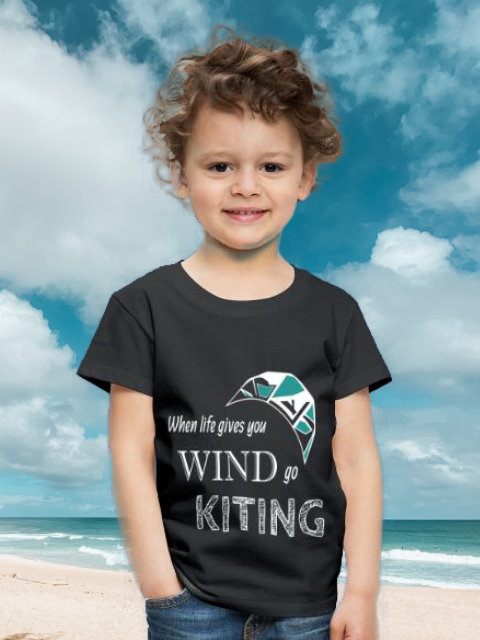
Logo: When life gives you wind go kiting
Promote your Kite School for free!
Index your Kite School in our database.
You will get free lifetime visibility on Kitesurf Culture website.
If you have a website, it will provide precious backlinks to improve your SEO ranking
Relevant Posts
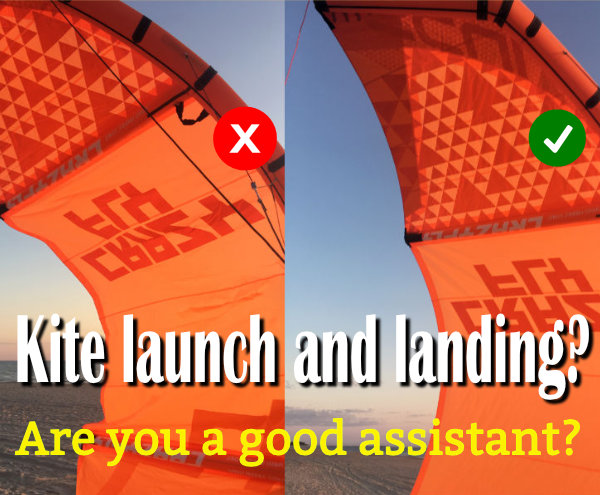
Are you a good assistant during a Kite launch and landing?
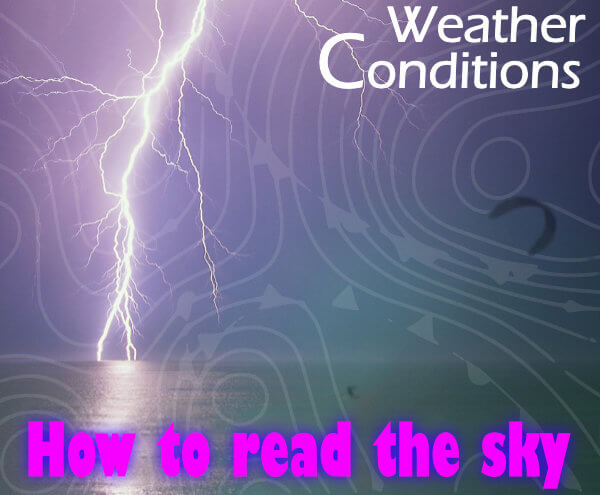
Kitesurfing Weather Conditions: How to Read the Sky
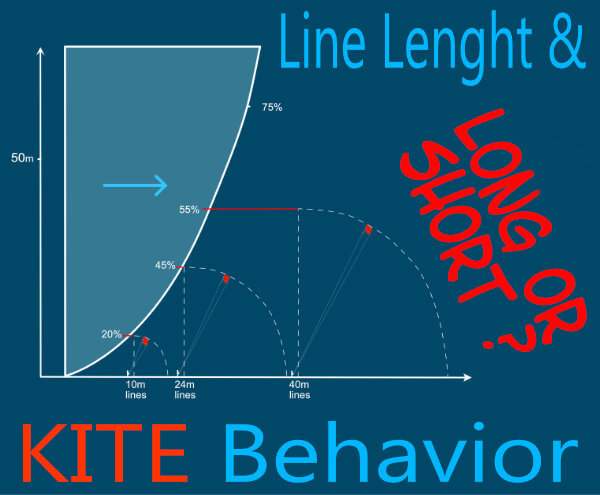
Kitesurf Line Length and Kite Behavior: Long or Short Lines?
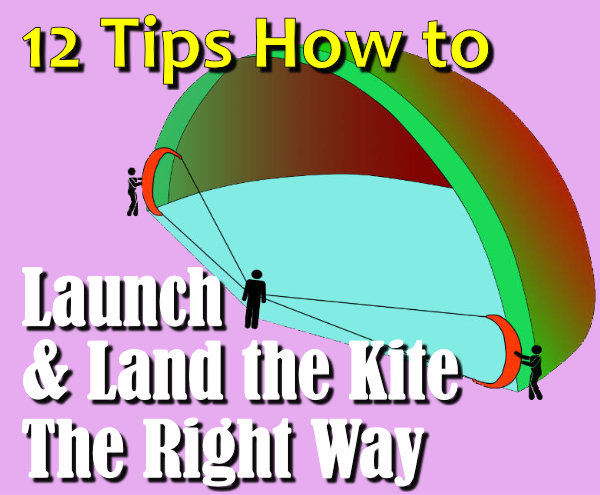
12 Tips to Correctly and Safely Launch and Land Your Kite
Get free Kitesurfing Resources and Tips
If you like our content and you want to be informed on the next blogposts release, please subscribe here. That will also help us to continue to provide quality content:
Give us your opinion.
Comments
Mimi Slaughter
Thank you for this “ Many think that, when we are riding, the kite sets backward and stays there in balance in a deeper section of the wind window, towards the power zone.”. I have struggled with this misunderstanding for so long. It’s was so confusing when people say fly it at 10 without knowing that the window rotated as you move. Wow. A revelation! Thank you. Your graphics and explanation are excellent.
3 years ago
Answers :
Gabriele
Dear Mimi, it is a pleasure to hear you got good value from the article. Thank you very much for your support! Feel free to write if you have further doubts.
3 years ago
Noah Poritz
As a snowkiter, riding terrain, the power zone will shift depending upon the slope angle. Steeper mountains have a dramatically “higher” wind window. Failure to recognize this can result in unfortunate outcomes. Knowing this can improve outcomes.
5 years ago
Answers :
Gabriel
Thank you, Noah, for your insight. It would be great to hear more about this aspect of the wind window... Maybe it could result in a separate blogpost with your collaboration. would you be interested?
5 years ago
Giulia
Good job Gabriele!
5 years ago
Flowy T-Shirt
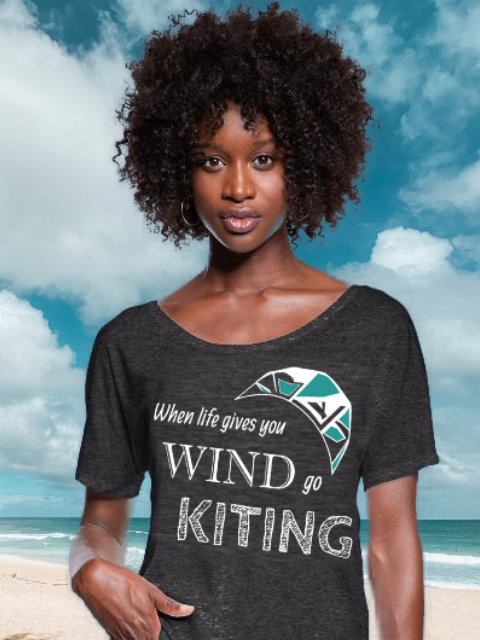
Logo: When life gives you wind go kiting!
Promote your Kite School for free!
Index your Kite School in our database.
You will get free lifetime visibility on Kitesurf Culture website.
If you have a website, it will provide precious backlinks to improve your SEO ranking
Relevant Posts

Are you a good assistant during a Kite launch and landing?

Kitesurfing Weather Conditions: How to Read the Sky

Kitesurf Line Length and Kite Behavior: Long or Short Lines?

12 Tips to Correctly and Safely Launch and Land Your Kite
Computer Backpack
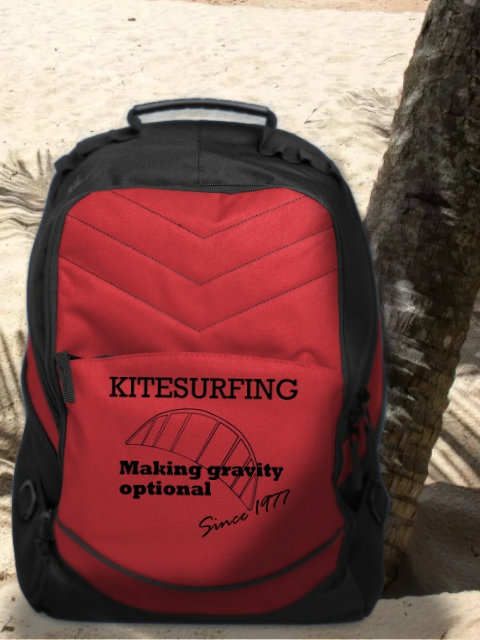
Logo: Kitesurfing: making gravity optional since 1977
Latest Posts
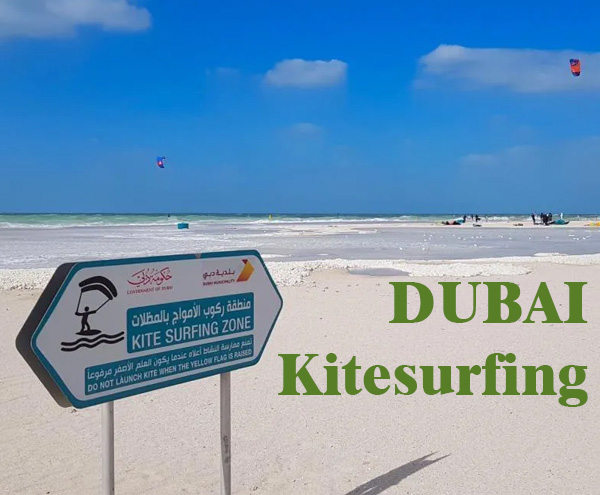
Kitesurfing Dubai: an honest guide. Tips, Spots & Winds
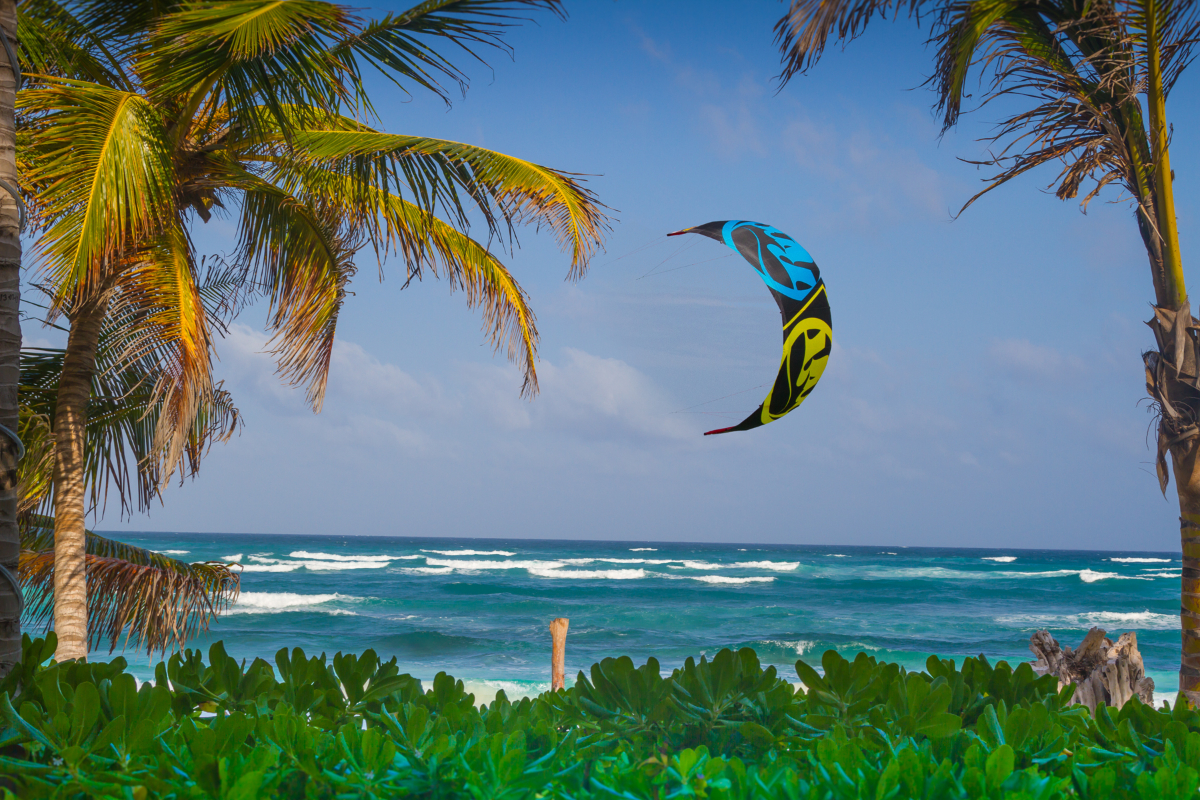
Unwind and learn: best beginner kitesurfing spots worldwide
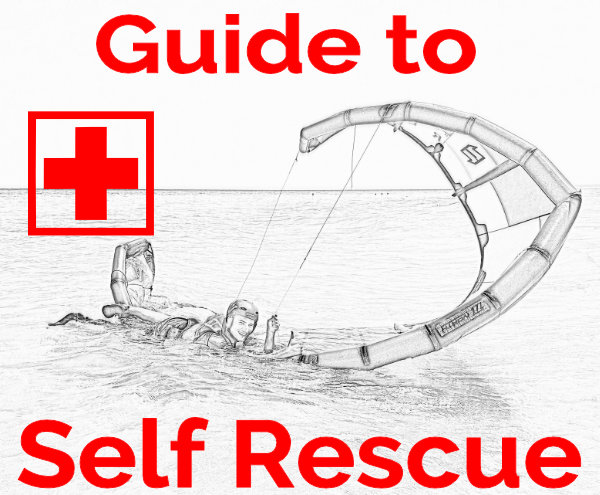
Self-Rescue in Kitesurfing: A Crucial Guide to Safety
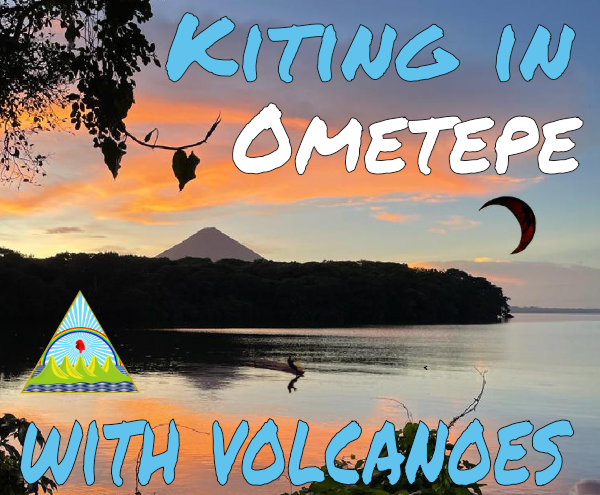
Kitesurf Ometepe: an Epic Kite Trip to Nicaragua

Kitesurfing Spring in Andalucia: Unexpectedly Great!